USING COOKING TO TEACH CHILDREN WITH AUTISM
Cooking! One of the best ways to Teach Everything from life skills, social skills, maths, science, english and more!
Cooking is a daily activity for everyone. It is a wonderful activity to teach ALL ages and stages. Cooking is an activity families, schools, community groups – indeed anyone can do it, and it provides long time recreation and independent living skills.
Through cooking you can teach all curriculum areas. By providing a structured programme with goals/ learning outcomes you can develop a cooking programme that addresses the learning style and needs of the individual student. One child may use the programme to learn to read while another may use it to communicate, using visuals.
I have worked in may schools where Teacher Assistants/ Aides/ Support Staff take groups to do cooking activities. It is a FUN way to teach lots of skills.
10 Ways to Use Cooking To Teach Children with Autism

Sequencing: cut up recipes and get the child to put it in the correct order.

Writing: write out the recipe, record observations/modifications for your family etc

Reading: read recipes, comprehension of instructions

Social Skills: turn taking, waiting for a turn, requesting help, request a taste etc

Maths: counting, fractions, volume

Motor skills: cutting, opening containers, stirring etc

Sensory: tasting, smelling, tecture of different foods

Conversation Skills: talking about different foods, likes and dislikes

Categories: where items go in kitchen – fridge, pantry etc

Hygiene: hand washing, cleaning dishes, wiping down surfaces, etc
Cooking is a great way to develop communication for children who have limited verbal skills!
Here are some examples of how to provide opportunities to communicate:
- Give container with lid on too tight. Student needs to ask for help.
- Place hands in sticky ingredients and say “Yuck”.
- Count when stirring i.e. 1,2,3.
- When turning tap on/off, say ON/OFF. Wait for them to indicate they want it turned on – request, point, etc.
- Count wherever possible… pikelets in pan, honey joys, etc.
- Look through photo recipe book with student. Discuss things they like and don’t like. Sing songs when cooking (“Everybody mixing” etc.)
- Give bowl to mix without spoon. Student needs to ask for spoon.
- Give fry-pan with no cord. Student needs to ask for HELP.
- Wherever possible don’t anticipate their communication. Wait for them to communicate first rather than guessing their needs (e.g. Hands dirty, want to wash, wait for them to look at you, and indicate want of help, etc.)
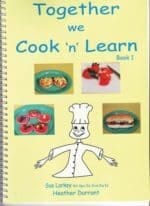
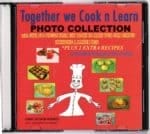
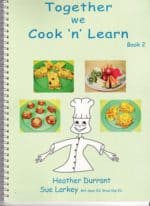
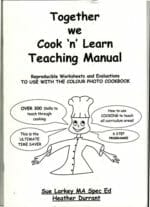

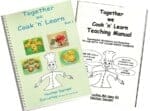


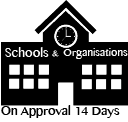
 Sorry we no longer ship items outside Australia. Please consider the digital versions of Sue’s Books –
Sorry we no longer ship items outside Australia. Please consider the digital versions of Sue’s Books – 